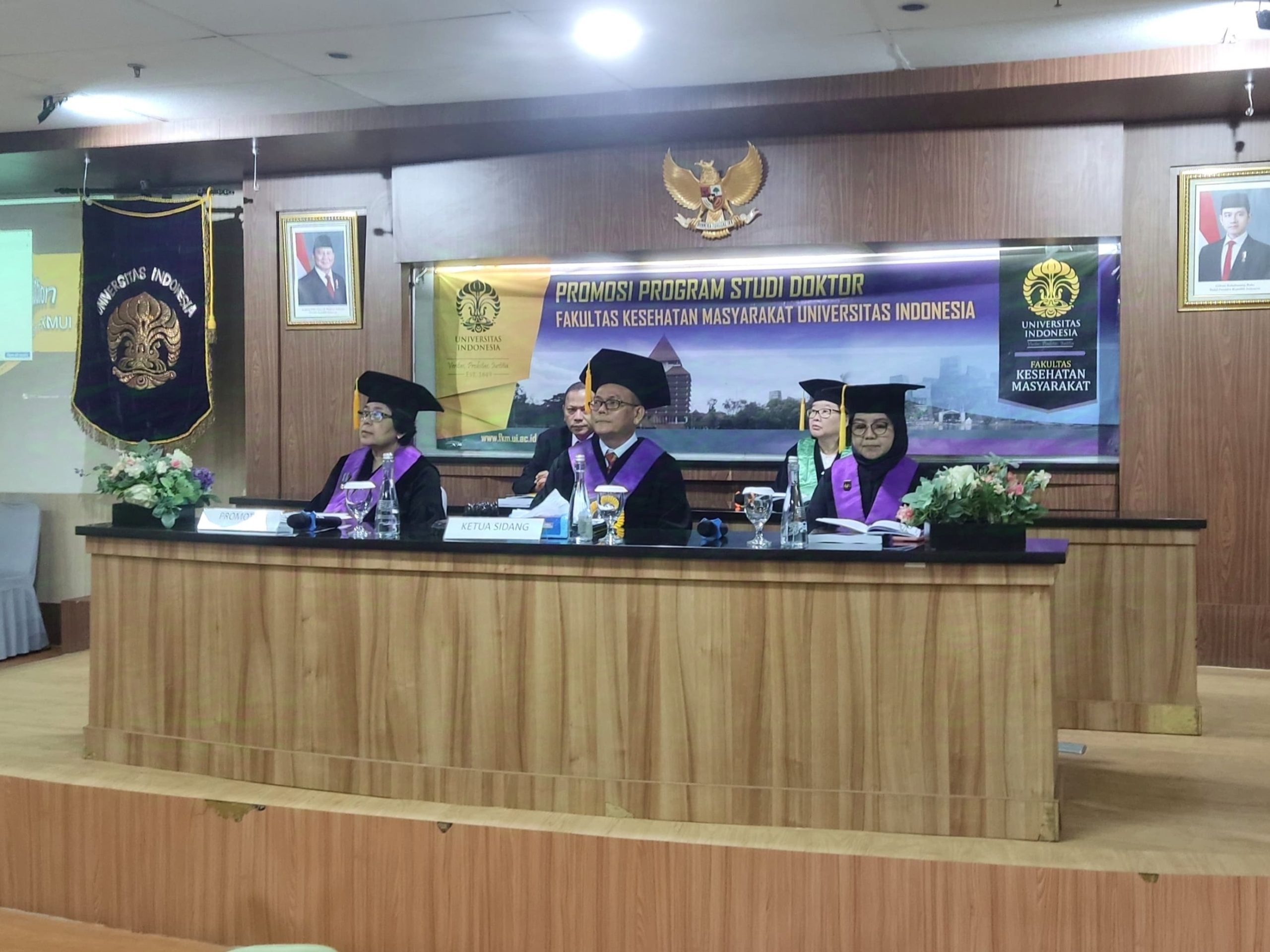A total of 859 million people in 50 countries worldwide require preventive treatment to stop the spread of lymphatic filariasis parasitic infections. Lymphatic filariasis, commonly known as elephantiasis, is caused by the parasitic infection Wuchereria bancrofti, Brugia malayi, and Brugia timori, leading to swelling in the limbs (Elephantiasis).
In accordance with Minister of Health Regulation No. 94 of 2014 on Filariasis Control, mass preventive treatment (MPT) is necessary to break the transmission chain. The World Health Organization (WHO) recommends the use of the Ivermectin, Diethylcarbamazine Citrate, and Albendazole (IDA) regimen for districts or cities that have not yet reached five rounds of effective MPT coverage and/or have failed based on post-MPT evaluation.
In Indonesia, 30,343,787 people received mass preventive treatment with a coverage of 79.3% in 2019. Pekalongan City was granted an additional two rounds of treatment with IDA due to not meeting the established success indicators.
Based on this issue, Ikrimah Nafilata conducted a dissertation research titled “Evaluation Model of the Mass Preventive Treatment Program for Filariasis with Ivermectin, Diethylcarbamazine Citrate, Albendazole in Pekalongan City, Central Java, Indonesia.” The research was designed to create an evaluation model of the MPT program based on the analysis of factors related to the consumption behavior of antifilarial IDA drugs and filariasis antigen using an input, process, output, and outcome/impact system approach. The results of Ikrimah Nafilata’s dissertation were defended during the Open Doctoral Promotion Examination in Epidemiology at the Faculty of Public Health (FPH) Universitas Indonesia (UI) on Monday, December 9, 2024, in the Doctoral Promotion Room, Building G, FPH UI.
In the mixed-methods sequential explanatory study, it was found that the most significant factor related to the community’s reluctance to take the IDA antifilarial drug was drug acceptance fatigue, the influence of the social environment, and the lack of support from healthcare workers. Additionally, there was no correlation found between age, gender, the installation of wire mesh, poor living conditions, or the consumption of IDA antifilarial drugs with a positive filariasis antigen result.
Qualitatively, it was discovered that one of the determinants for not taking the medication in the community was the absence of support from healthcare workers or cadres, as well as a lack of social support from families. Regarding input funding, the study suggested that there needs to be improvements in the implementation of funding sourced from the Puskesmas Operational Assistance Fund, as well as the need for healthcare worker involvement to improve public education about the treatment among people in certain areas.
“This research demonstrates the need for an epidemiological approach to evaluate the MPT filariasis IDA program. This study is highly likely to be implemented in other endemic areas in Indonesia. With the completion of this doctoral program, you have gained a starting point as a leader and a community servant. Once again, congratulations to Dr. Ikrimah Nafilata, we hope that you can apply your knowledge in epidemiology and contribute to improving public health,” said Prof. drg. Nurhayati A. Prihartono, M.P.H., M.Sc., Sc.D., in her speech.
At the end of the examination, the chairperson announced that Ikrimah Nafilata had passed and successfully earned a doctorate in Epidemiology, becoming the 10th graduate of the 2024 Epidemiology Ph.D. program, the 114th Epidemiology Ph.D. graduate, and the 434th Ph.D. graduate of FPH UI.
The examination was chaired by Prof. Dr. Besral, S.K.M., M.Sc.; Prof. drg. Nurhayati A. Prihartono, M.P.H., M.Sc., ScD., as the promoter; Dr. dr. Tri Yunis Miko Wahyono, M.Sc., and Prof. Dr. Dra. Taniawati Supali as co-promoters. The examination panel included Prof. Dr. Dra. Evi Martha, M.Kes.; dr. Syahrizal Syarif, M.P.H., Ph.D.; and drg. Christiana Rialine Titaley, MIPH, Ph.D. (ITM)

